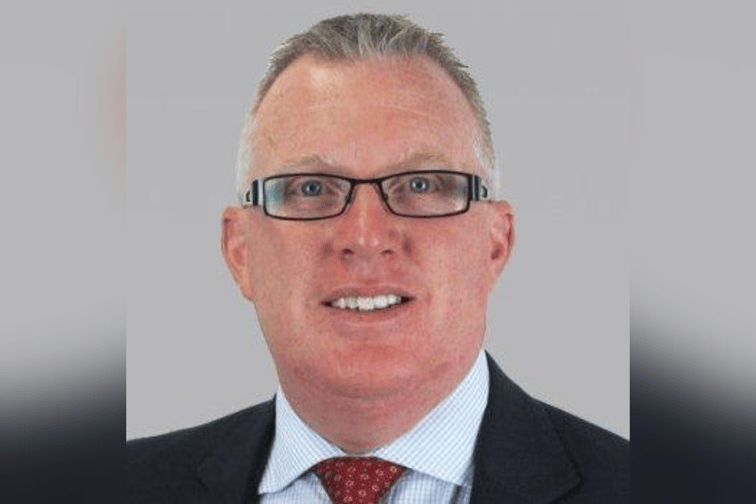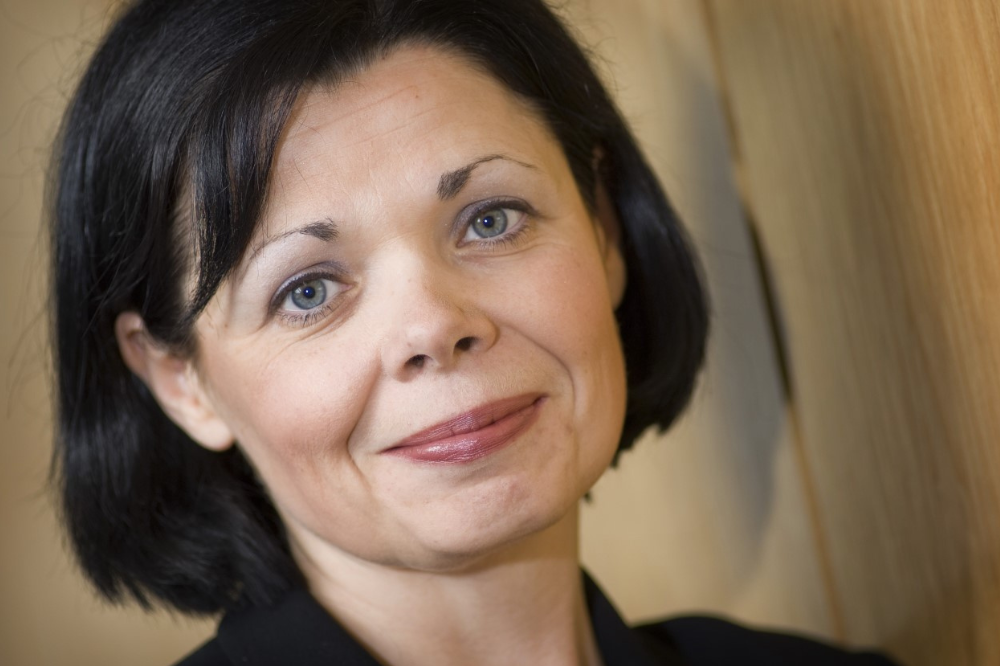

Creating a truly inclusive organisation comes down to recognising and embracing the differing strengths and experiences that set each individual apart. It’s a matter of winning both hearts and minds, which is why the critical role that D&I initiatives, programmes and support services play in changing attitudes must not be allowed the dip under the radar.
Sign up now: Registration launches for Dive In’s 2022 festival
Inclusion means building an environment where everybody feels they belong, according to Steve Woodhouse (pictured above), senior people partner at Marsh UK & Ireland. It’s an ambition that invites a simultaneously macro and micro approach to creating change, an approach epitomised by Marsh McLennan (MMC)’s three-year partnership with the national charity and neurodiversity thought leader Ambitious about Autism (AaA).
CEO of AaA Jolanta Lasota (pictured below) joined Woodhouse for a discussion with Insurance Business on the changing understanding of what neurodivergent individuals can bring to companies and how insurance businesses such as Marsh can lead the charge in championing the rights and opportunities of neurodivergent talent.
“Generally, we’re seeing increased awareness and understanding of autism,” she said. “But particularly with employers, we’re seeing that they are increasingly interested in employing autistic people because there’s a drive for talent and this is an untapped pool of talent. And once people understand more about autism, they realise that autistic people bring great skills into the workplace.
“Every autistic person is different, but like all of us have a talent, they can bring great skills like attention-to-detail, problem-solving, creative thinking, etc. They also really thrive on routine and predictability, which means they can be great and loyal employees who really stick to the job and come in offering real talent to organisations.”
The partnership between MMC and AaA was voted by the broking giant’s colleagues, Woodhouse noted, and it was their first choice for a charity partner by a country mile. Something that quickly became clear, he said, was how many people have a lived experience with someone who is neurodiverse, whether that’s via friends, family or acquaintances.
As a result, he said, the benefits of this alliance, which have seen MMC embark on a journey to become more autism-confident employers, resonate across a huge range of individuals. And so many of MMC’s AaA-supported initiatives –from embedding best practices, educating colleagues, offering work experience opportunities, and reviewing recruitment practices, HR policies and workspaces for inclusivity – have been transferable to recipients even outside of the workplace.
That has really galvanised people’s enthusiasm and commitment to this partnership, Woodhouse said, and its success to date has been extraordinary. In 2021, MMC supported 45 autistic young people through paid internships, supporting 225 career development sessions to boost neurodivergent talent as well as training for 40 employers in becoming more autism confident. As of June 30, 2022, the partnership has raised £356,000 against its overall three-year £750k target and seen 1,085 colleagues volunteer almost 4,000 hours of their time.

“When running these programmes,” Lasota said, “sometimes it starts with wanting to increase your understanding of neurodiversity in order to employ new people in the workplace. But when people undertake these programmes, they realise they already have neurodiverse employees, and that perhaps those employees haven’t had the confidence to come forward. And this programme really gives them the confidence to speak up.”
In some cases, she said, AaA has seen this programme inspire people with the confidence to go and get a diagnosis, buoyed by the support that they now see is available to them. Often these individuals have been aware for some time that there are certain things they are struggling with and when they hear these discussions, it’s then they realise that these are applicable to them. Important to bear in mind is that lots of autistic people are not diagnosed until adulthood.
“We’ve definitely found that,” Woodhouse said. “We’ve had autistic colleagues who have been part of our organisation for a long time who now feel they have the platform and the opportunity to talk about it. And that’s definitely helped them, and it’s definitely helped a lot of our line managers too. One of the big things we’ve done is training managers around how to support a colleague with neurodiversity.
“… We’ve started seeing the real benefits to helping managers get the best of their talent. Jolanta mentioned the talents of neurodiverse individuals and I hear a lot of our interns and our colleagues talking about their superpowers, which I just love. It’s about finding how you can tap into that and helping managers to understand that has really made a big difference to us.”
Lasota noted that the benefits of embracing neurodiversity are multitudinous and that, through her work with AaA, she has seen the impact these have not just on neurodiverse individuals but also on the organisations that support them. Fostering autistic talent benefits the broader business, she said, because when you have a better understanding of autism, you also have a better understanding of yourself, and of how to communicate and interact with others – which benefits everybody in a workplace.
The insurance profession has a real chance to harness these benefits, Woodhouse said, and it’s coming at a crucial time with the industry facing a very tight talent market. Insurance offers a huge amount of varied roles, which appeal to people with a range of different skillsets - the work done by the likes of AaA and GAIN (Group for Autism, Insurance, Investment and Neurodiversity) displays the alignment between the breadth of skills required and neurodiversity.
“Someone once said to me, if you’ve met one neurodiverse person, you’ve met one neurodiverse person,” he said. “Because everybody is completely different. There’s already the starting of a groundswell of movement going on in the industry with the work GAIN is doing day-in, day-out. GAIN is a fantastic organisation that [MMC and AaA] are both heavily involved in. I think there are some real people with passion in insurance who are trying to make a difference and in my experience, that’s what drives the change – if you start with people with passion, change happens.”
The partnership between MMC and AaA, and the work done by GAIN, has set the bar on what can be achieved, Lasota said, and there’s a real opportunity for further skills and knowledge-sharing on this subject going forward. Financial services showcased itself as a forward-looking industry by setting up a body like GAIN and she hopes that other sectors will look to the example that has been set.
“I do think it takes one brave organisation to really put themselves out there and to lead in this space and show what can be achieved if they do it,” she said. “And I think that’s what MMC has done.”
